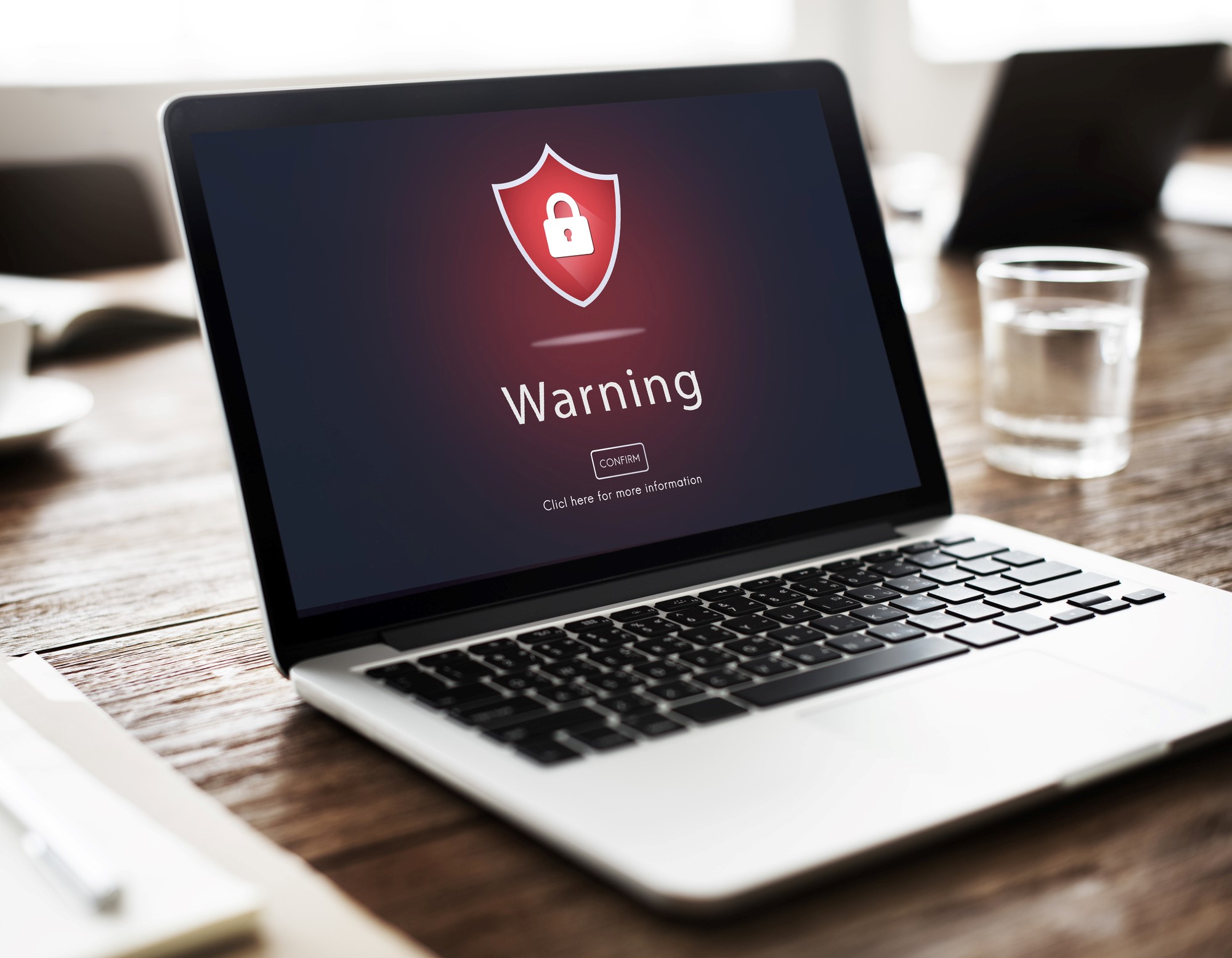Over 2.5 billion online accounts are hacked each year–a staggering amount! It’s not just large businesses suffering—it’s consumers and social media users too.
There are plenty of hackers out there, eager to get your personal details and banking information, but you can prevent attacks by learning how to stay safe online.
Want to find out how? If so, keep reading to find five important ways to protect yourself when using the internet.
1. Create Challenging Passwords
Online safety starts with a secure and hard-to-guess password—your middle name or high school sports team name won’t cut it. To avoid hackers being able to easily guess your password, it should be a complex combination of letters, numbers, and symbols.
At least 12 characters or more is best, making it difficult for anyone to guess. Oh, and change it every few months too!
If you struggle to remember confusing passwords, a security service like https://www.logmeonce.com/ can be a big help.
2. Use a Security Software
Protecting information and data is much easier if you use a secure antivirus software. These programs will constantly scan for hacking attempts and viruses to keep them from damaging your computer.
Just be sure to keep your software up-to-date, as older versions won’t work effectively.
3. Watch Out for Phishing Scams
Unfortunately, hackers often try to gain access to our data via email scams, known as phishing. They’ll send emails that look like they’re from official businesses, asking for your details or credit card.
Or, they’ll ask you to download a file, which will put malware onto your computer. To prevent this, never open suspicious emails or attachments from anyone you don’t know.
4. Be Careful on Public Wi-Fi
Free, public Wi-Fi can be convenient, but never use it for personal business like banking or online shopping. This is because public networks are unsecured, so it’s easy for hackers to use them to capture your information.
Instead, travel with your own portable W-Fi device.
5. Only Access Secure Websites
When browsing online or shopping, always visit websites that start with ‘HTTPS’ and not ‘HTTP’. The S stands for secure, so unsecured websites aren’t safe for entering your credit card details.
Learn How to Stay Safe Online With These Tips
Learning how to stay safe online might take some time, but this guide is sure to help. Eventually, you’ll get an understanding of how to shop, work, and browse the net without risk!
Remember, if something doesn’t feel right online, or an offer seems too good to be true, it probably is a scam! But if you do end up with any malware or viruses on your computer, a local computer expert is your best bet, since they can safely repair it for you.
Get started today by developing new online habits that will protect you—and your credit cards!
Did you find this article helpful? If so, please read on to find out more.

